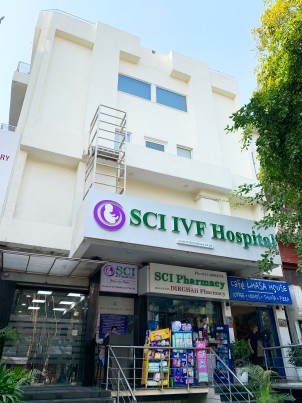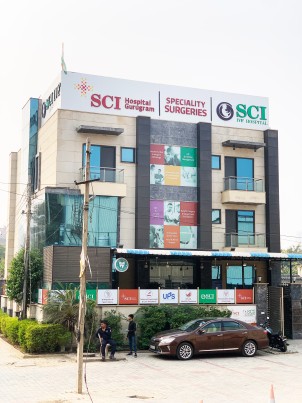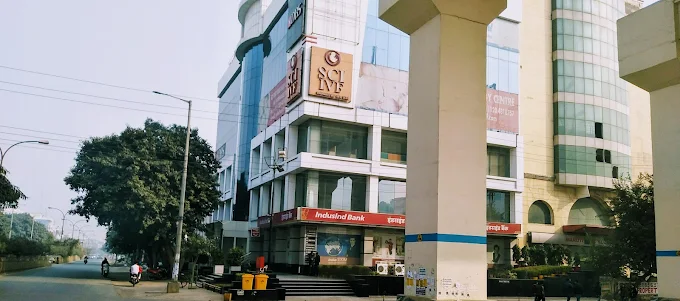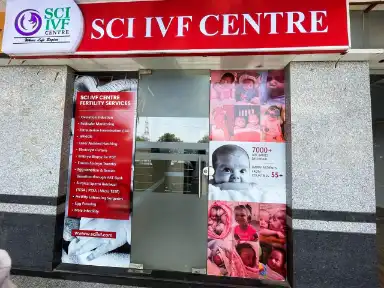Blastocyst Embryo Transfer In Gurgaon
Book an AppointmentBlastocyst Embryo Specialist in Gurgaon
At SCI IVF, our ovulation induction specialists in Gurgaon help women with challenges of irregular or absent ovulation. We specialize in formulating individualized fertility medication plans, which are followed by ultrasound imaging, hormone assessments, and ovulation controlled stimulation to encourage the growth of a healthy egg to optimize the natural conception potential. Our experts treat every patient with personalized and holistic care to address every need to advance treatment.
What Is Blastocyst Embryo Transfer?
A process in which embryo is grown to 56‑day post-fertilisation stage, in which structured layers of cells grow inner cell mass (future fetus) and trophectoderm (future placenta) .This stage closely mirrors the embryo's natural journey into the uterus.
Book An Appointment
Why is blastocyst Embryo transfer done?
Culturing embryos to the blastocyst stage allows natural selection of the strongest fetus, improves implantation capacity and offers a higher pregnancy rate than the transfers of the initial phase. Additionally, transferring less but high-quality fetus reduces the risk of many pregnancies.
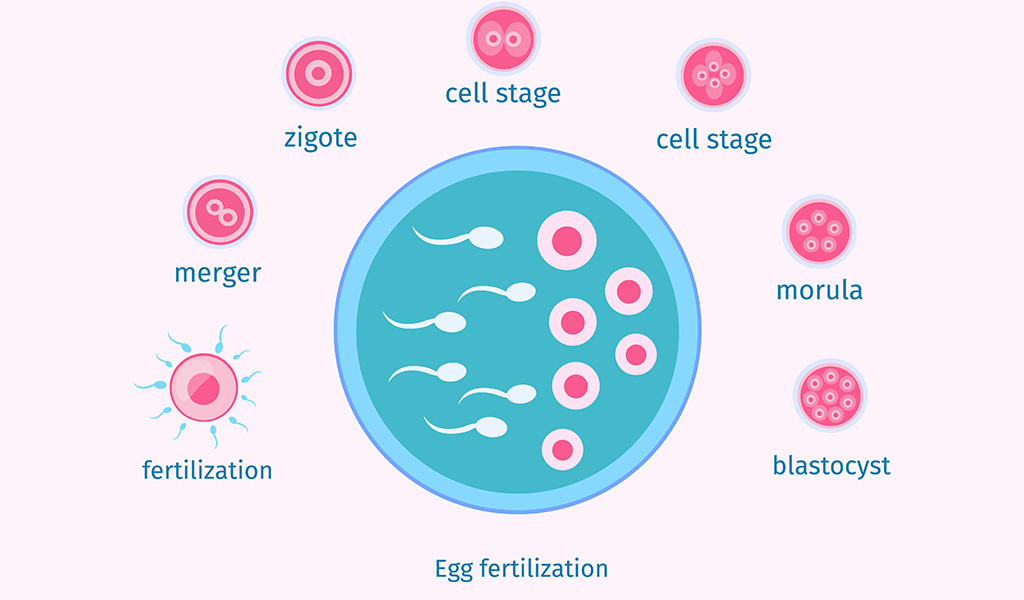
How is Blastocyst Embryo Transfer done?
- Ovarian stimulation and recovery: Eggs are recovered after hormonal stimulation.
- Fertilization and extended culture: The fetus is fertilized (through IVF or ICSI) and is cultured by day 5-6 in optimal laboratory conditions.
- Grading and selection: Embryos reaching the blastocyst phase are classified based on internal cell mass and trophoblast quality.
- Transfer process: The selected blastocyst is transferred to the uterus using a fine catheter under ultrasound guidance.
- Cryopressives: Viable surplus blastocysts are cryopreserved for future cycles.
- Confirmation: A formal pregnancy is evaluated via β-HCG about 10-14 days later post-transfer.
Who is IVF Blastocyst Culture Recommended To?
The technique of blastocyst culture IVF in Gurgaon is usually advised in the following:
- Patients who have more embryos desiring better selection and implantation chances
- Patients who have failed to have IVF before trying to improve on the same
- To transfer fewer embryos and still achieve high success rates, couples that pursue the eSET strategy
Advantages of Blastocyst Embryo Transfer
- Increased rates of implantation and pregnancy as compared to transfer of those at an earlier stage
- Reduced chances of multiple pregnancies as a result of targeted embryo choice
- There is improved evaluation of embryo viability, which results in smarter transfer decisions.
Are There any Risks of Blastocyst Embryo Transfer ?
Apart from being comparatively safe, some considerations are related to this treatment:
- Risk of cycle cancellation when no embryos reach to blastocyst stage
- Very small chance of identical children which is slightly less when fewer embryos are transferred
- Human risks have not been documented, although advanced culture interests have been recorded in animal experiments-e.g. increased birth weights.
Why Choose SCI IVF Hospital For Blastocyst Embryo Transfer in Gurgaon?
- State-of-the-art blastocyst culture IVF in Gurgaon, with top-tier lab and incubation facilities
- Embryologists with proficiencies in advanced methods of grading and culturing
- Individualised treatment protocols that focus on security, openness, and comfort in patients
- Effective track record of good results, backed up with evidence-based protocol
- 1200+ Blastocyst Transfers Done
- Up to 70% Success Rate in Blastocyst Transfers
- Treatment Led by Senior Doctors, Not Assistants
- Use of quality embryo tracking tools
- One of the top choices for blastocyst embryo transfer in Gurgaon
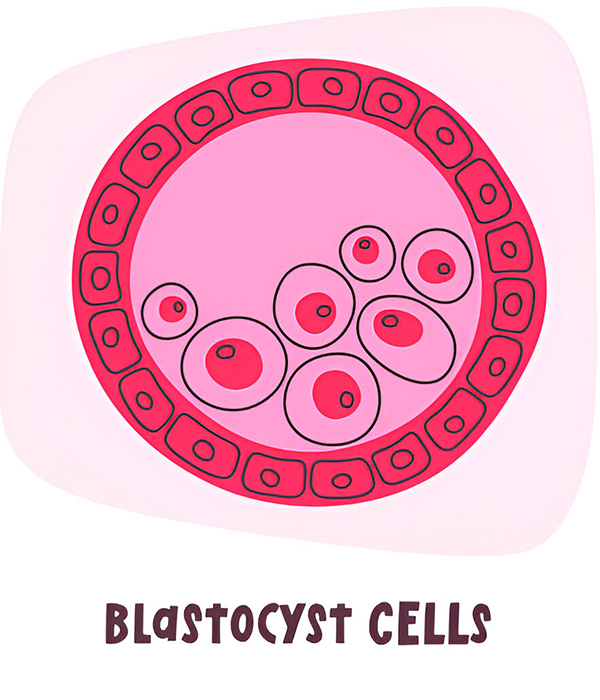
FAQs on Blastocyst Embryo Transfer
A blastocyst fetal transfer is a process where the fetus is cultured in the laboratory for about five to six days after fertilization until they reach the blastocyst phase, which enhances the possibility of successful implantation when transferred to the uterus.
Traditional fetal transfer is usually on 2 or 3 days after fertilization. In contrast, the blastocyst transfer occurs on the day 5 or 6, when the fetus has developed further, offering better selection and potentially high implantation rates.
The couples that have previous IVF failures, women under the age of 35, with a good number of high quality eggs, or many fetal patients available for selection are usually considered an ideal candidate.
Yes, because the fetus develops more in the blastocyst phase, it is easy to identify what results are likely to occur in pregnancy. This targeted perspective can lead to high success rates.
While generally safe, extended fetal culture can resulting in low fetal blastocyst phase. This may mean that if the development does not proceed required, then the less fetus available for transfer or cold.
